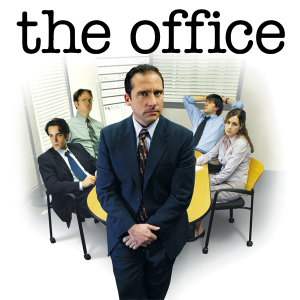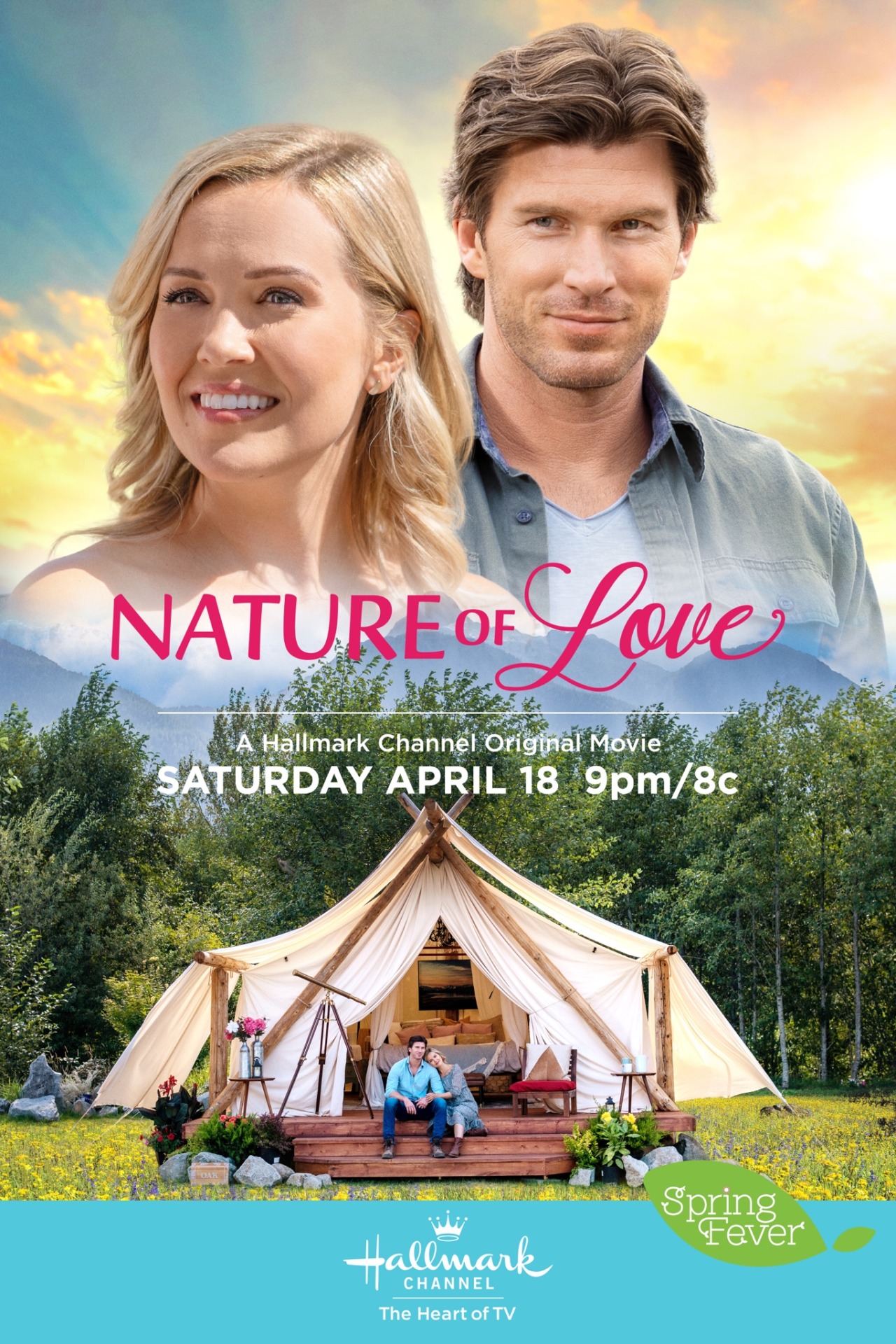Now that increasing numbers of people are stuck at home and sheltering in place, I figured I’d do a little series. Every weekday for the duration of this intense period, I’ll post a short definition of some term in/related to aesthetics and philosophy of art. Let’s see how this goes! See them all here.
Terms of Art #45:
culture industry

late capitalism sucks but you can find love at the office
and also people who work there are ultimately good people
so it’s all really okay
Pronunciation: DISNEY (jk but also… am i?)
A little scene: Picture this. You’ve just worked a long shift (a mid, THE WORST) and on the way home, some random person (presumably also tired and annoyed and commuting) honked/yelled at you and you honked/yelled back because fuck them too. You get home but your mind feels like jelly and you can’t bear to cook a Nice Meal so you pop a frozen dinner in the microwave and sit down to watch a challenging art movie the most pleasant, easy thing you can find. The news? No fucking thank you. Old reruns of The Office? Perfect. Office life isn’t so bad, after all, yknow. It can be a little funny with its quirky characters. Heh. You eat your TV dinner. The second the episode lulls, you grab your phone and start playing the next level of Candy Crush because it’s sorta like work but with constant rewards and jingling lights and happy music. The TV starts autoplaying the next episode… for a second you wonder whether you should turn it off, but then it starts and you’re relieved you don’t have to confront your thoughts.
The night goes on like this. Then it’s wash, rinse, repeat.
Definition: The culture industry is the capitalist industry whose business is the production of culture. That probably isn’t super informative, but that really is the fundamental idea.

it’s the happiest place on Earth
The concept comes from Marxist theorists Max Horkheimer and Theodor Adorno. That Marxist background is crucial to understanding the “culture industry”. You probably know the basics already, but it’s like, in capitalism, you have the bourgeoisie and the proletariat (very roughly, the upper and lower classes), and Marxism is about understanding and attempting to fix this inequality. Tl;dr – you can’t fix it AND still have capitalism. Hence, socialism or communism.
Okay, so. Horkheimher and Adorno think that the culture industry is how 20th century capitalism (or more generally “late capitalism”) controls its lower class. It keeps them (us) happy and subdued and NOT thinking about ongoing inequality and injustice.
Examples: H&A call out Hollywood specifically, but you can think of any form of mass entertainment. Pop music, broadcast television, the Disney industrial complex, mainstream video games, “mass market” novels, and glossy magazines (even keeping up with beauty standards distracts us from the REAL issues!).

Hallmark movies: warm, comfortable, predictable.
Helps you forget how fucked up the real world is. [source]
Pretty bleak. But also maybe (probably, definitely) too extreme of a view. Still… seems very resonant.
Key text:
Horkheimer and Adorno, “The Culture Industry: Enlightenment as Mass Deception,” from Dialectic of Enlightenment (1947)
Related terms:
Frankfurt School – a group of Marxist thinkers from the 20th century, that Horkheimer and Adorno (and a bunch of other reasonably famous theorists) were part of; not a literal school, but associated with an actual university (the Institute for Social Research at Goethe University in Frankfurt)
critical theory vs. Critical Theory – the former is just thinking that’s generally critical of social power structures and stuff; the latter refers to this specific brand of Frankfurt School thought


